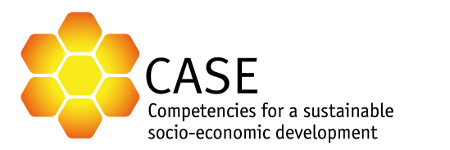Students from the course Social Innovation and Entrepreneurship (Master of Science in Knowledge-based Entrepreneurship) at the Department of Economy and Society, University of Gothenburg worked with the project “Education as a strategy to get market access”. The project is of particular interest as it combines social innovation and business innovation in the context of developing countries, aiming at improving people’s quality of life. The basic idea was to establish a consultancy organization that offers businesses in the Western world the possibility to introduce and market their products in new markets through educating people in the target countries, mainly improving their knowledge in hygiene. In many developing countries, hygiene-related diseases and symptoms are not only caused by a lack of resources, but also a lack of knowledge. This knowledge is widely available in the Western world, but rarely shared with people who would really benefit from it. At the same time, companies manufacturing hygiene- and health-related products are in constant search of new markets. These companies have identified the lack of knowledge as a considerable barrier for expanding to markets in the South. For instance, the multinational Unilever already addresses this problem with their initiative Sustainable Living Plan, aiming to educate one billion people in hygiene and health questions by 2020.
During the project students have gathered knowledge about potential customers, the state of the current market for hygiene- and health-related products as well as potential business models for these new markets. The students proposed a business model and organizational structure that can improve the current approach towards these markets. The lack of financial resources was identified as a hurdle for educational projects. This is particularly pronounced in non-profit organizations active in these countries. The idea was that non-profit organizations form a for-profit affiliate company, acting as a consultant in health-related issues that would sell its knowledge and educational services to commercial enterprises. This allows commercial actors to get access to these markets at the same time as the health-related education continues to be provided by the non-profit organizations.
The surplus made in the for-profit consultancy organization can subsequently be donated to the non-profit organization and used for charitable purposes. The suggested solution provides a structure that can prevent conflicts of interest that can arise in collaborations between non-profit organizations and commercial actors.

